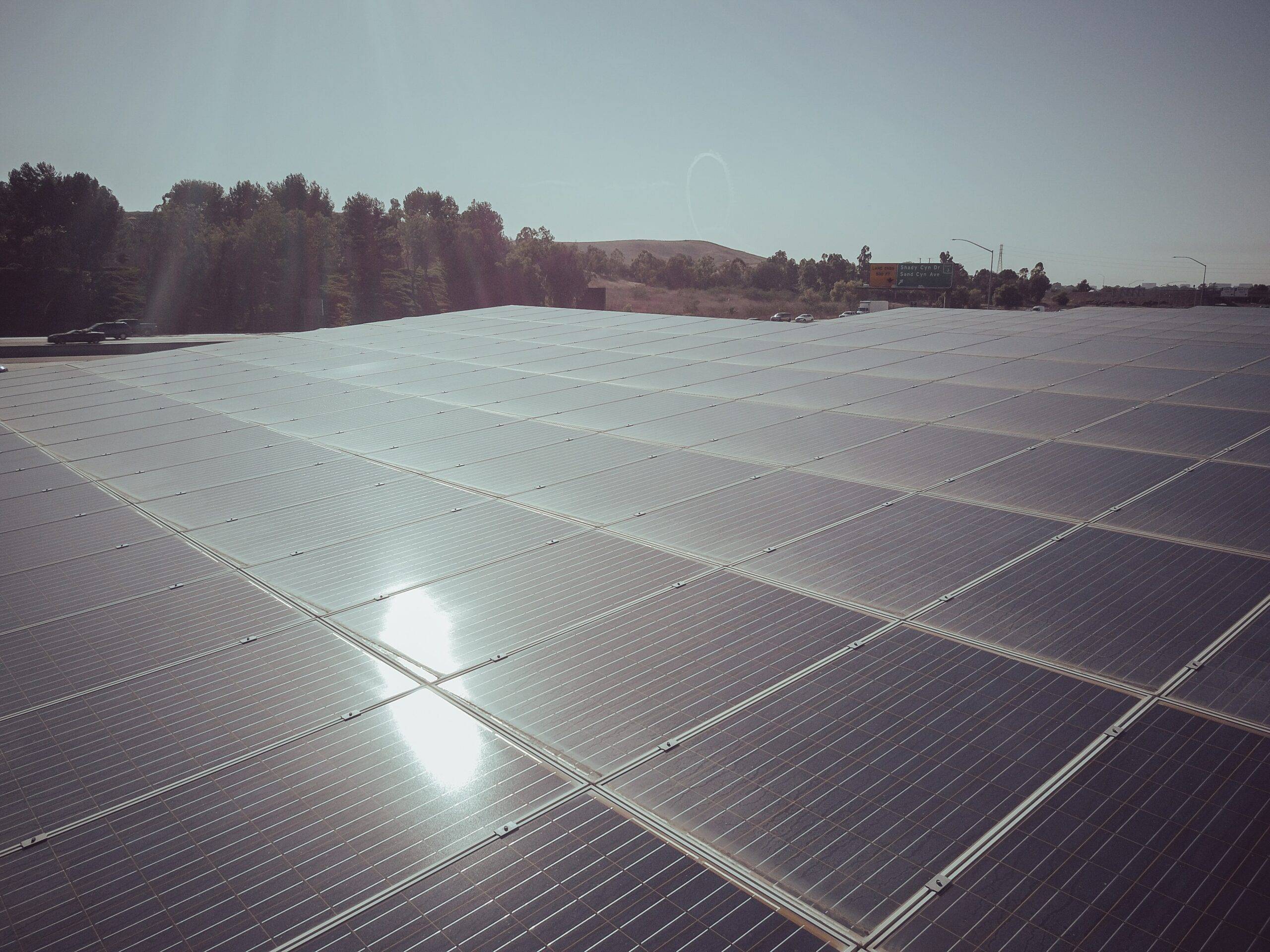As the demand for sustainable energy solutions grows, homeowners are increasingly turning to solar battery systems to maximize their solar energy investments. Among the various options available, 48-volt lithium battery banks ranging from 10 to 50 kWh have emerged as a popular choice for off-grid residential applications. This article will explore the benefits, features, and considerations of using 48-volt lithium battery banks for solar energy storage.
1. Understanding Off-Grid Solar Systems
1.1 What is an Off-Grid Solar System?
An off-grid solar system operates independently of the utility grid, allowing homeowners to generate and store their own electricity. This system typically includes solar panels, a charge controller, an inverter, and a battery bank.
1.2 Importance of Battery Storage
Battery storage is crucial in off-grid systems because it allows users to store excess energy generated during the day for use at night or during cloudy weather. This capability enhances energy independence and reliability.

2. Features of 48 Volt Lithium Battery Banks
2.1 High Energy Density
Lithium batteries offer a high energy density, meaning they can store more energy in a smaller space compared to traditional lead-acid batteries:
- Compact Design: The compact nature of lithium batteries allows for efficient use of space in residential applications.
2.2 Capacity Options
A range of capacity options from 10 kWh to 50 kWh provides flexibility:
- Homeowners can choose a system that meets their specific energy needs based on usage patterns.
2.3 Long Cycle Life
Lithium batteries typically boast a longer cycle life compared to lead-acid alternatives:
- Longevity: Many lithium batteries can last over 2000 cycles, providing reliable service for many years.
| Feature | 48V Lithium Battery Bank | Lead-Acid Battery Bank |
|---|---|---|
| Energy Capacity | 10 – 50 kWh | Typically lower (5 – 15 kWh) |
| Cycle Life | 2000+ cycles | 500 – 800 cycles |
| Efficiency | 95%+ | 70-80% |
| Weight | Lighter | Heavier |
3. Advantages of Using 48 Volt Lithium Battery Banks
3.1 Enhanced Efficiency
Lithium batteries exhibit higher efficiency rates:
- With efficiencies often exceeding 95%, these batteries ensure minimal energy loss during charging and discharging.
3.2 Fast Charging Capabilities
Lithium battery banks can accept higher charging rates:
- This feature allows for quicker recharging times, making them ideal for homes with fluctuating energy needs.
3.3 Safety Features
Safety is a significant concern with any battery technology:
- Lithium batteries are less prone to thermal runaway compared to other lithium-ion chemistries, thanks to their stable chemistry.
3.4 Environmental Impact
Lithium batteries are generally more environmentally friendly:
- They contain fewer toxic materials than traditional lead-acid batteries and are more easily recyclable.
4. Applications of 48 Volt Lithium Battery Banks in Residential Settings
4.1 Energy Independence
By utilizing a 48V lithium battery bank, homeowners can achieve greater energy independence:
- This setup allows them to rely less on grid power and more on renewable sources.
4.2 Backup Power Solutions
In areas prone to power outages, these battery banks provide reliable backup power:
- Homeowners can maintain essential functions during outages without relying on generators.
4.3 Integration with Renewable Energy Sources
These battery systems integrate seamlessly with solar panels and wind turbines:
- They store excess energy generated from these sources for later use, enhancing overall system efficiency.
5. Considerations When Choosing a Lithium Battery Bank
5.1 Cost Analysis
While lithium battery banks may have a higher initial cost compared to lead-acid options:
- The long-term savings from reduced maintenance and longer lifespan often justify the investment.
5.2 System Compatibility
Ensure that the battery bank is compatible with existing solar equipment:
- Check specifications regarding voltage, charge controllers, and inverters to ensure seamless integration.
5.3 Installation Requirements
Professional installation may be required for optimal performance:
- Proper setup ensures that the system operates efficiently and safely.
6. Latest News in Solar Battery Technology
Recent advancements in solar battery technology focus on improving efficiency and safety features:
- Innovations such as smart battery management systems (BMS) allow users better monitoring capabilities.
- Research into solid-state batteries promises even greater safety and energy density improvements in the future.
7. Frequently Asked Questions (FAQs)
7.1 How long do lithium battery banks last?
Lithium battery banks typically last over 10 years or more with proper maintenance.
7.2 Can I expand my battery bank later?
Yes, many lithium systems are modular, allowing you to add additional capacity as needed.
7.3 Are there any maintenance requirements?
Lithium batteries generally require minimal maintenance compared to lead-acid alternatives; however, regular checks on connections are advisable.
8. Conclusion
In conclusion, the adoption of 48 volt lithium battery banks ranging from 10 to 50 kWh offers numerous advantages for residential solar applications. With their high efficiency, long cycle life, and safety features, these systems provide an excellent solution for homeowners seeking energy independence and reliable power storage options. As technology continues to advance, investing in lithium battery technology will likely yield significant benefits for years to come.At Redway Battery, we specialize in manufacturing high-quality Lithium LiFePO4 solutions tailored to meet diverse customer needs worldwide. With our extensive experience in this field, we provide custom solutions quickly for wholesale and OEM customers. For a quick quote or more information about our products, please contact us today!




